The People Who John Grisham Vetoed For His Movies
Best-selling author John Grisham had right of approval over directors and casting for his movies. Some interesting choices were turned down.
It was in the early 1990s that the thriller author John Grisham really burst onto the scene. While his first novel, A Time To Kill, was a modest success when it was published in 1989, the real breakout was The Firm. It would go on to be 1991’s best-selling book, spending nearly a year on the New York Times bestseller list. The movie rights were duly snapped up.
But Grisham, as many authors are, has always been protective of his stories, and characters. In fact, after a run of movie success in the 1990s, he put the brakes on adaptations of his books for a while.
Interestingly, though, his movie contracts gave him right of veto over casting. And, as it turned out, Grisham used it quite a few times. Not on everything, I should note. Skipping Christmas (the film became Christmas With The Kranks), The Gingerbread Man, and The Rainmaker, for instance, seemed quite straightforward. But others weren’t.
This article, then, isn’t throwing criticism at him for that. Rather, that I think it’s quite interesting just how powerful Grisham was when it came to his films, some of the interesting choices he turned down, and what happened next…
The Firm
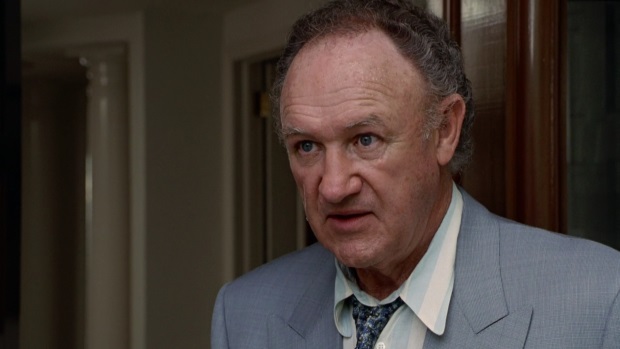
I talked about The Firm earlier this year, when considering the problem Paramount Pictures faced when establishing the star billing for the movie. The studio made an understandable decision that led to Gene Hackman’s name being taken off key publicity for the film.
But Hackman’s role in the film, that of Avery, was nearly very different. For Paramount liked the idea of the role being female, rather than male. As such, it raised the idea of recruiting Meryl Streep to take on the part. Grisham, though, wasn’t keen, and he exercised his veto over the casting. The producers quickly went back into their rolodecks, because it appears the veto came quite late in the day. Gene Hackman would eventually sign up, but not until the movie was well into production. Avery Tolar would consequently remain male.
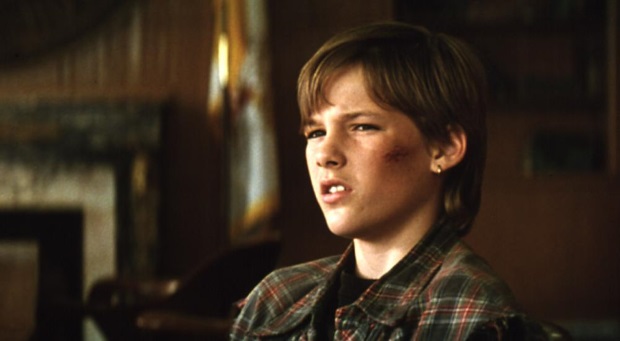
The Client
There’s a good argument for Joel Schumacher’s adaptation of The Client being the best screen take on a John Grisham story to date (although the author himself favors Francis Ford Coppola’s movie of The Rainmaker).
A lot of the film hinged on the casting of the role of Mark Sway, the young boy in the film who the story centres on. Grisham was reportedly adamant, then, that the role not be taken by an existing professional child actor. Macaulay Culkin, for one, was reported to have been interested (he made the dark The Good Son around the same time).
Grisham, though, wanted the producers to find a new talent, ideally one from the Memphis area of the US in which the story of The Client is set. Thousands of actors in the end were considered for the part of Sway, but Schumacher and his team identified, and cast, Brad Renfro for the part. He signed up, made his film acting debut, and strong reviews for his work (Renfro tragically died young, in 2008).
The addition of Susan Sarandon to the ensemble was far more straightforward, with Schumacher duly convincing her to sign on the dotted line.
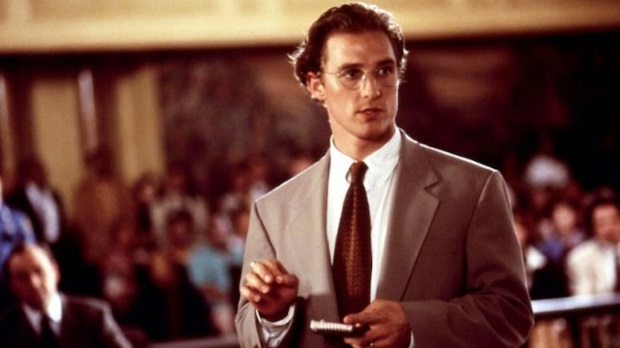
A Time To Kill
Comfortably one of the toughest Grisham adaptations to cast as it turned out, this saw Joel Schumacher again entrusted with one of the author’s texts. In this case, his debut novel.
This time, the key role to cast was the lead, young lawyer Jake Tyler Brigance. A list of names were in the running.
Woody Harrelson, then, reportedly lobbied for the role of Jake, but Grisham didn’t agree. This, apparently, didn’t thrill Schumacher, who was keen to cast Harrelson. Then Kevin Costner was also considered. Costner was interested, but he wanted creative control over the film. That didn’t sit well with Grisham, who pushed back against that. Costner opted to depart.
Several movie star names were still in the running. Schumacher reportedly – when he was getting on with him – offered the lead role to Val Kilmer while they were filming Batman Forever together. Kilmer, though, wasn’t interested. Names such as Brad Pitt, Alec Baldwin, and Bill Paxton cropped up. But if Grisham didn’t veto them, Schumacher did.
In the end, the pair settled on a then-virtual unknown in the form of Matthew McConaughey. McConaughey had been working on John Sayles’ excellent – and little-seen, sadly – Lone Star, and had amassed a few solid credits. In fact, he was already on the radar of the A Time To Kill casting team, earmarked for one of the smaller roles in the movie. He pocketed $250,000 for the role, and it turned him into pretty much an instant celebrity over the course of a few days…
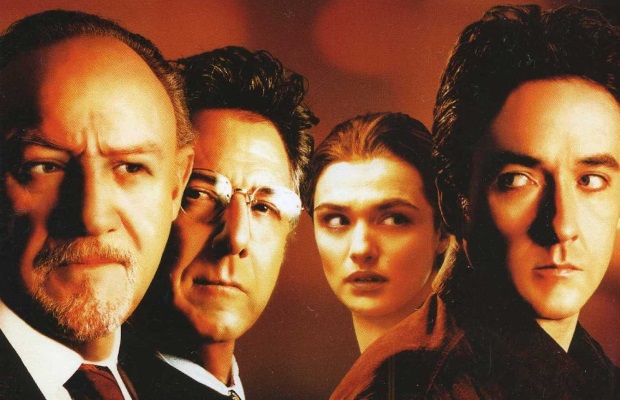
Runaway Jury
In the back end of the 1990s, director Joel Schumacher had a good thing going with Warner Bros. He fell into a cycle of doing a John Grisham adaptation one year, a Batman film the next. After 1997’s Batman & Robin, therefore, he was set to tackle Runaway Jury – at the request of Grisham himself – before going on to make Batman Triumphant.
But the high-profile failure of Batman & Robin changed everything. Schumacher stepped away from blockbuster movies, the Batman movie franchise went on hiatus for nearly a decade, and the film adaptation of Runaway Jury was collateral damage caught in the blast.
It’s ironic, because the casting was in place and approved. In this instance, the changes that happened were down to circumstance, rather than Grisham. Sean Connery and Gwyneth Paltrow were inked in to play the two leads, but the pair dropped out eventually after Schumacher decided to walk away from the movie.
A few years later, Will Smith came close to signing on the dotted line, with Mike Newell in line to direct. John Grisham vetoed this approach.
In the end, the resultant film was fine, but lower key. Gary Fleder directed, and the movie went to Fox rather than Warner Bros. Gene Hackman, by this stage a regular in Grisham films, agreed to appear. The leads went to John Cusack, Dustin Hoffman, and Rachel Weisz.
The first on-screen meeting of Hoffman and Hackman was the headline grabber. But while notable, it proved not to be De Niro and Pacino pulling off the road to get a coffee…
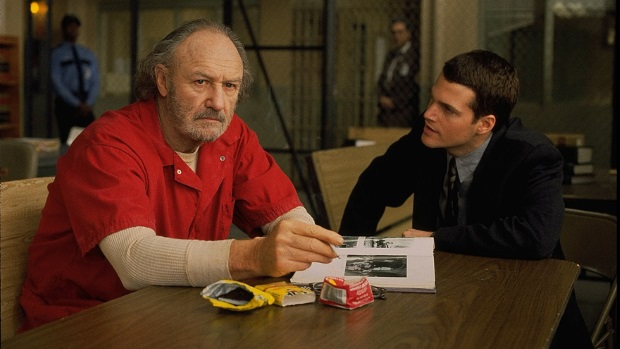
The Chamber
It’s difficult to get to the root of just what went wrong with the film of The Chamber. Screenwriter William Goldman certainly doesn’t go into much detail when he talks about it in his book, What Lie Did I Tell?
Grisham reportedly has this as his least-liked of the adaptations of his books, although it’s clearly got casting pedigree. Gene Hackman, Faye Dunaway, and a then-red-hot Chris O’Donnell headed up the ensemble.
But interesting names departed the movie too. Brad Pitt, for instance, had been lined up at one stage, dropping out when original director Ron Howard departed. Jack Nicholson was being sought, but for some reason never signed up. Val Kilmer’s casting was announced, and then never happened. And the film, ultimately, quietly left cinemas almost as quickly as it arrived…
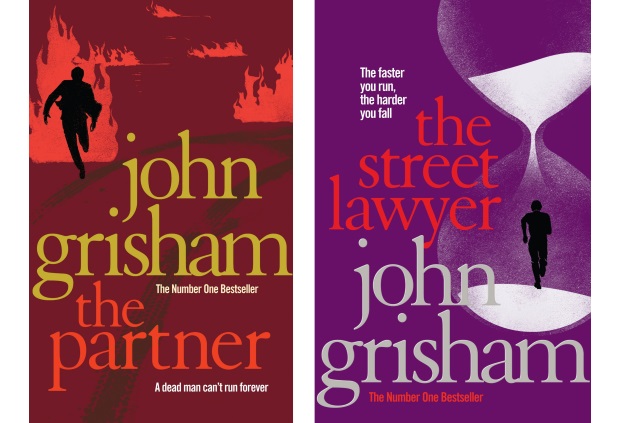
The Partner & The Street Lawyer
With his books – and films based on them – topping charts as the 1990s continued, John Grisham became worried about overexposure on the one hand. But also, there was a frustration with Hollywood, and the business of making films. As such, when his anticipated books The Partner and The Street Lawyer were published towards the end of the decade, Grisham purposely withheld the film rights altogether. As he told Publisher’s Weekly back then, “the films add another layer of notoriety and stress and hassle that I don’t care to deal with.”
Grisham wasn’t happy, for instance, that 1998’s film of The Rainmaker, from Francis Ford Coppola, was released as John Grisham’s The Rainmaker. “I’ll never do it again,” he noted in hindsight.
The Street Lawyer was eventually filmed as a one-hour TV movie (a pilot for a possible TV show), starring Eddie Cirbrian. Nope, we haven’t seen it either.
And one aside…
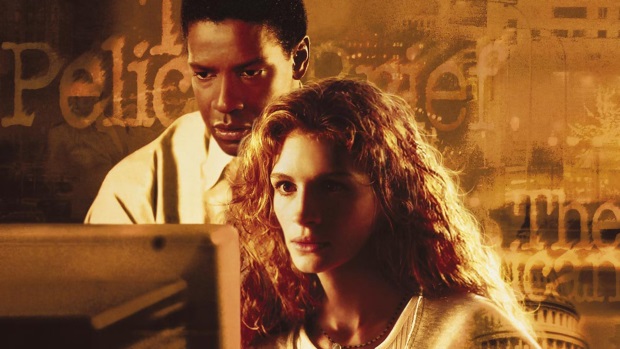
One piece of casting for a Grisham movie that proved to be very straightforward was the hiring of Julia Roberts to headline 1993’s The Pelican Brief. Simple reasoning here, too: Grisham had reportedly written the character in the first place with Roberts in mind. She signed on the dotted line off the back of reading the novel, before seeing a screenplay for the movie. She’d star opposite Denzel Washington, and the movie – directed by Alan J Pakula – would prove to be a solid hit.